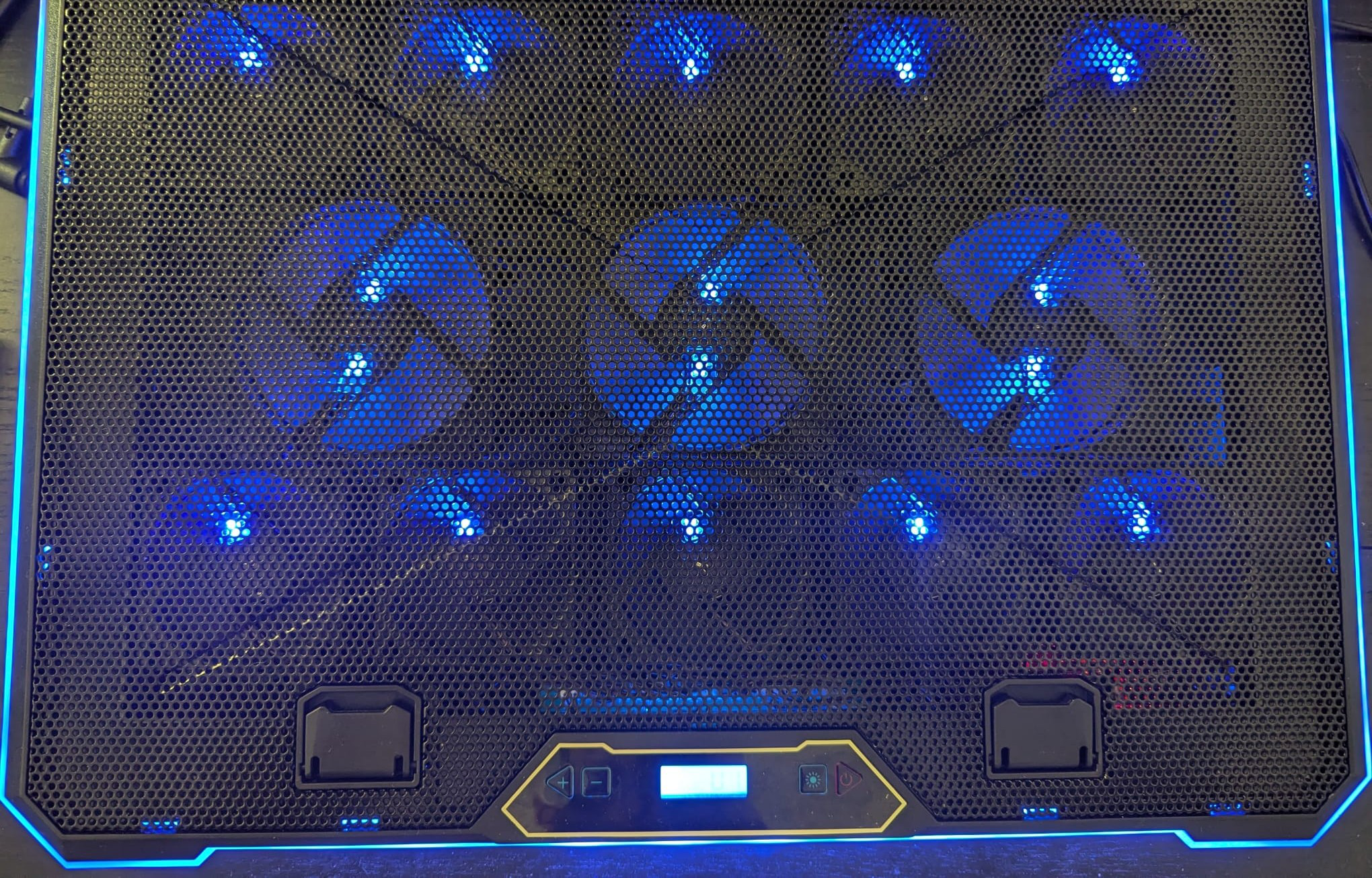Innovative Arduino Hack Transforms Laptop Cooler Efficiency

In a world where technology constantly evolves, one enthusiast has taken a common laptop accessory and turned it into a smarter, more efficient device. Bogdan Micea, frustrated with his laptop cooler’s inability to adjust power based on workload, has ingeniously automated the process using an Arduino Pro Micro and a custom Rust application.
Micea’s project addresses a common annoyance: traditional laptop coolers operate at a constant power level, regardless of the laptop’s workload. This can lead to unnecessary noise and energy consumption. By integrating an Arduino controller, Micea has created a cooler that dynamically adjusts its power, offering a tailored cooling solution for any situation.
How the Smart Cooler Works
The innovation lies in the integration of an Arduino Pro Micro into the cooler. Micea’s cooler, which is equipped with four buttons, can now perform different functions based on the duration of button presses. To achieve this, Micea soldered four transistors in parallel with the buttons, allowing the Arduino to simulate button presses. Additionally, four Arduino pins are used to monitor the buttons’ state.
The Arduino connects to the cooler’s original USB power input, maintaining the device’s original appearance. Upon startup, the Arduino sets the cooler to a default state and continuously monitors the buttons. This setup allows the Arduino to notify the computer of any state changes or respond to commands from the computer.
The Role of Rust and System Integration
On the software side, Micea developed a Rust application that creates a system tray interface on the computer. This interface not only displays the cooler’s current activity but also allows the user to modify it. The software can detect the CPU’s temperature, automatically adjusting the cooler’s power to optimize performance and energy use.
Moreover, the Arduino is capable of detecting the laptop’s suspend state, ensuring that power is managed effectively even when the laptop is not in active use. This level of integration highlights the potential for smart technology to enhance everyday devices.
Implications and Expert Opinions
This development represents a significant step forward in personal computing accessories. By automating the cooler’s power management, users can enjoy quieter operation and potentially extend the lifespan of their laptops by preventing overheating.
Experts in the field of computer hardware see Micea’s project as a promising example of how open-source hardware and software can be used to improve existing technology. “This project showcases the power of community-driven innovation,” said Dr. Emily Chen, a computer engineering professor. “It demonstrates how accessible tools like Arduino and Rust can be used to solve real-world problems.”
Historical Context and Future Prospects
Historically, laptop coolers have been passive devices, with little room for customization. Micea’s project is one of the first known instances of a laptop cooler being modified to this extent. While there have been other creative uses of laptop coolers, such as overclocking a Teensy microcontroller, Micea’s approach is unique in its focus on automation and integration.
Looking ahead, this innovation could inspire further advancements in personal computing accessories. As more users seek to optimize their devices, the demand for smart, adaptable technology is likely to grow. Micea’s work could pave the way for manufacturers to consider similar features in future products.
Conclusion: A Step Towards Smarter Devices
Micea’s smart cooler is a testament to the potential of DIY technology projects. By leveraging the capabilities of Arduino and Rust, he has transformed a simple laptop accessory into a sophisticated tool that enhances user experience. As technology continues to evolve, such innovations remind us of the endless possibilities for improving the devices we rely on every day.
As the tech community takes note of Micea’s work, it will be interesting to see how this project influences future developments in the realm of personal computing. For now, Micea’s smart cooler stands as a beacon of ingenuity and a model for others to follow.





